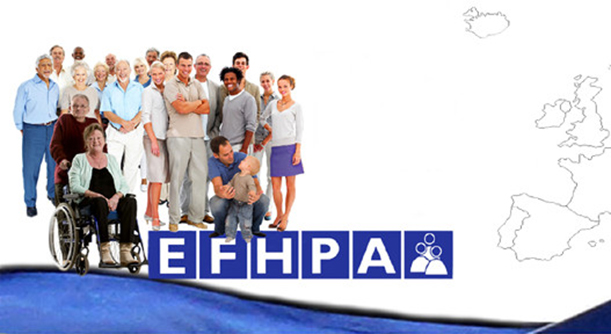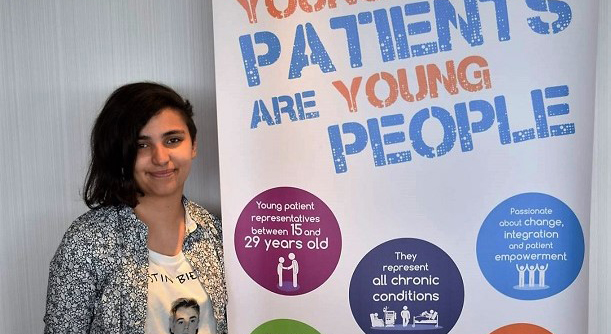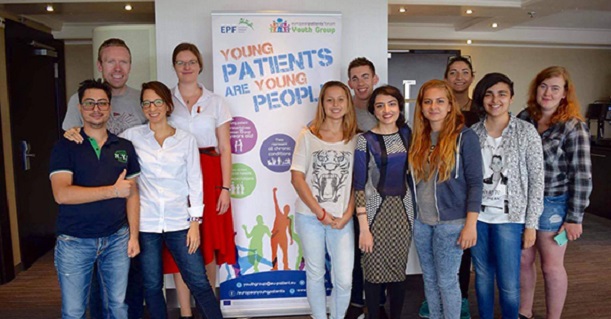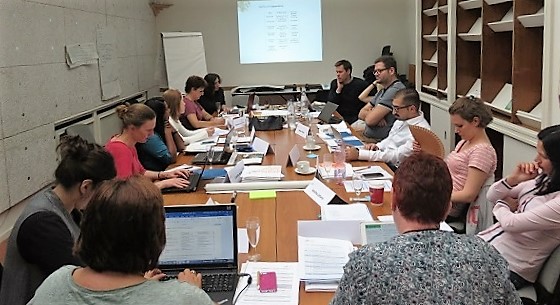We’re happy to open our blog to our members! This month, we put the EFHPA to our now classic 5 Questions interview.
- What’s on top of your agenda?
We believe that patients have a fundamental right to patient-centred healthcare that respects their needs, preferences and values therefore EFHPA is the voice of patients in Europe who wish to use and have access to homeopathic treatment as part of their healthcare.
- Why does your organisation exist?
We exist to raise awareness among policy makers of the value homeopathy can bring to health generally and to work for its recognition and acceptance so that it is included in healthcare policy throughout Europe.
- What is your biggest achievement as an organisation?
Our biggest achievement is bringing together existing patient organisations to share ideas and experiences but more importantly to work together to help promote and protect the rights of all European citizens who want to access homeopathic treatment. We are also pleased to assist the establishment of new groups. Our aim is to have a patient group in every European country.
- What is for you the key benefit of your organisation’s involvement in EPF?
Our ethos is very much in line with the EPF. Cross fertilisation and sharing ideals and goals such as patient empowerment are paramount.
- What’s the main misconception about your disease area?
Many patient organisations are disease related but we represent a system of medicine which covers many chronic illnesses, both mental and physical. One misconception is that it only works on self-limiting diseases. We are aware of the controversy surrounding homeopathy, but the high level of satisfaction and successful treatment outcomes keep patients loyal and returning to homeopaths whenever necessary to maintain their general health.
Contact person:
Camille Bullot, Membership and Stakeholders Relationships Manager



